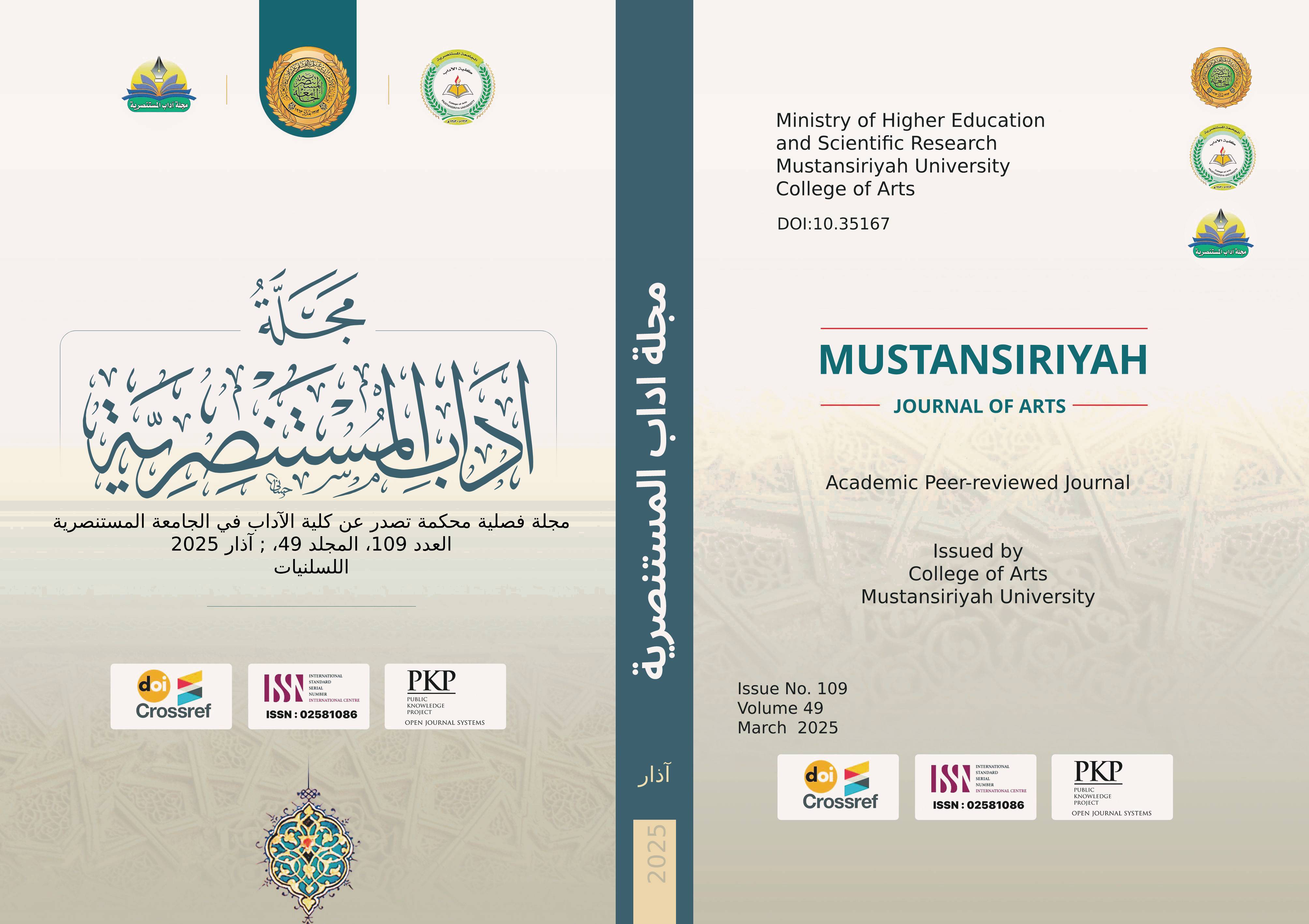Using Native Language in Assisting English Mastery for Difficult-to-Understand Classroom Learning Tasks at Vocational Education Schools
Abstract
Learning English using the mother tongue effectively enhances English for Specific Purposes (ESP) at Vocational Education Schools (VES). This strategy necessitates the teacher to act as a facilitator by incorporating Arabic into the English learning process. Using the mother tongue in teaching English can be beneficial for promoting the students' comprehension of diverse cultures and the development of positive communication with both the teacher and peers. A descriptive approach was used to get the information needed for this study. Achievement tests were conducted to see how significantly the students had learnt during a practical semester ended of the curriculum. The pretest scores were equivalent for the randomly selected groups before using Arabic as the mother tongue for the necessary activities in English teaching. At this point, the experimental group was (M=2.04, SD=.883), and the control group was (M=1.73, SD=.622), and t=(1,62), 1.60=.114, p<0.05 was also equivalent. Conversely, the experimental group's mean score was significantly higher than that of the control group in the posttest following the switch to Arabic in the English syllabus (M=2.46, SD=.918), and (M=1.79, SD=.693), respectively, and t=(1,62), 3.28=.002, p<0.05 was also significant. Based on these findings, there was a statistically significant difference between the groups. Spearman's rho test indicated a meaningful relationship difference was found between the two variables, mother tongue use and English language proficiency. Spearman's rho value for pretest and language proficiency indicated no positive correlation (x2 (1,62)= .031, p<0.05). On the contrary, Spearman's rho value for posttest and language proficiency was seen as (x2 (1,62)= .229, p<0.05). At the same time, pre and posttest mean scores also have a strong correlation (x2 (1,62)= .583, p<0.05). The primary conclusion of the study is that vocational education students can improve their English for Specific Purposes (ESP) by placing a greater emphasis on the mother tongue.
Downloads
Published
Issue
Section
License

This work is licensed under a Creative Commons Attribution-ShareAlike 4.0 International License.


